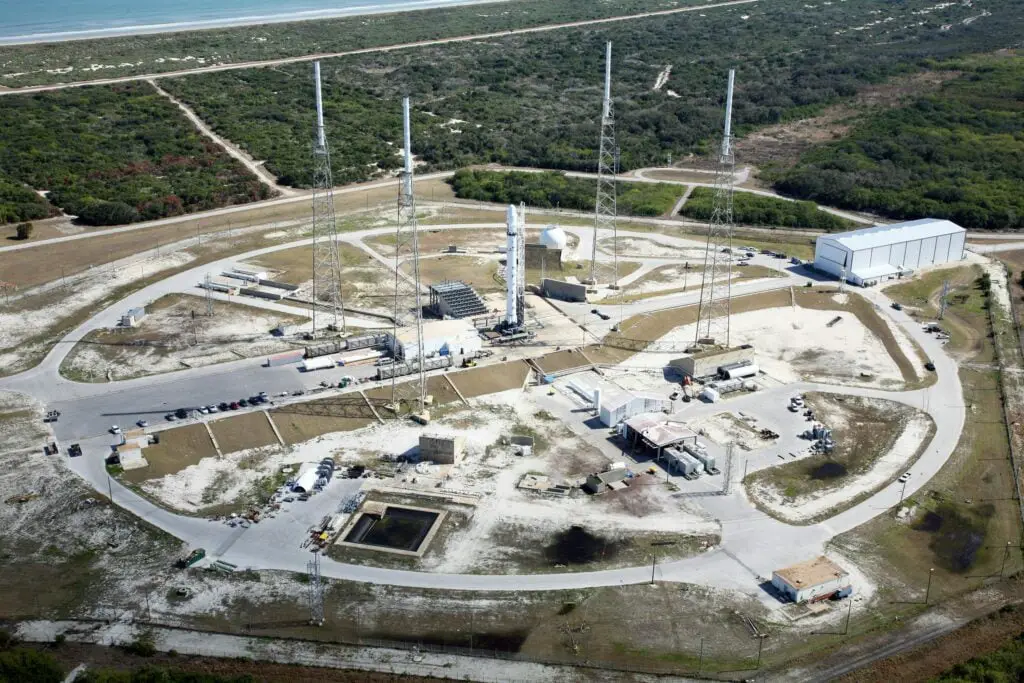
Navigating the Horizon: The Guaranteed Future of Construction in the Philippines
The Philippines, an archipelago in Southeast Asia, has been undergoing rapid urbanization and economic growth in recent years. As the nation progresses, the construction industry plays a pivotal role in shaping its future.
This article delves into the transformative trends, innovations, and challenges that are likely to define the future of construction in the Philippines.
- Sustainable Construction Practices:
With an increasing global emphasis on sustainability, the construction industry in the Philippines is poised to embrace eco-friendly practices. Green building materials, energy-efficient designs, and waste reduction strategies will become integral to construction projects.
The government is expected to introduce stringent regulations to promote sustainable construction, encouraging developers to adopt green technologies and materials.
- Infrastructure Development:
The Philippines government has committed to an ambitious infrastructure development program, known as “Build, Build, Build.” This initiative aims to address the country’s infrastructure deficit and boost economic growth.
Major projects include highways, bridges, airports, and mass transit systems. The future of construction in the Philippines hinges on the successful implementation of these projects, which will not only enhance connectivity but also create employment opportunities and spur economic development.
- Innovations in Technology:
Advancements in construction technology are revolutionizing the industry globally, and the Philippines is no exception.
The integration of Building Information Modeling (BIM), drones, and augmented reality in construction processes enhances efficiency, reduces costs, and improves project management. Robotics and automation are also expected to play a significant role, increasing the speed and precision of construction activities.
- Smart Cities and Urban Planning:
As urbanization accelerates, the concept of smart cities gains prominence. The Philippines is likely to witness the development of intelligent urban spaces equipped with technology-driven solutions for transportation, energy management, and public services.
Smart construction practices, such as the use of sensors and data analytics, will be crucial in creating sustainable and livable cities.
- Resilient Infrastructure:
Given the country’s vulnerability to natural disasters, the construction industry will focus on building resilient structures. Architects and engineers will design buildings capable of withstanding earthquakes, typhoons, and flooding.
Additionally, resilient infrastructure will involve incorporating smart technology for early warning systems and disaster response.
- Collaboration and Global Partnerships:
The construction industry in the Philippines will increasingly engage in international collaborations and partnerships.
This may involve the exchange of expertise, technology, and best practices with global construction firms. Such collaborations will not only elevate the quality of construction but also open doors to new opportunities for Filipino contractors and professionals.
- Human Capital Development:
To meet the demands of a rapidly evolving industry, investing in the skills and knowledge of the workforce is imperative. Training programs, certifications, and academic curricula should be aligned with the latest construction technologies and sustainable practices.
This will ensure that the industry has a skilled and adaptable workforce capable of driving innovation.
Conclusion:
The future of construction in the Philippines is exciting and dynamic, shaped by sustainability, technology, and a commitment to improving infrastructure.
As the nation strives for progress, the construction industry will play a central role in building a resilient, sustainable, and technologically advanced future for the Philippines.
By embracing innovation, fostering collaboration, and investing in human capital, the construction sector is poised to be a key driver of the country’s growth and development.
To see other material construction prices, please see here.
To know other construction guides, tips, and methodology for beginners, veterans, and contractors, please see here.
